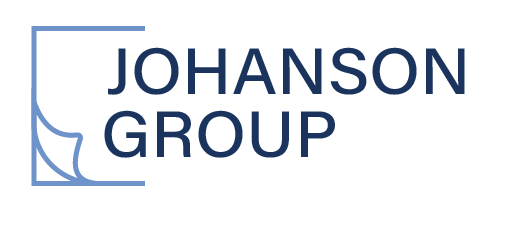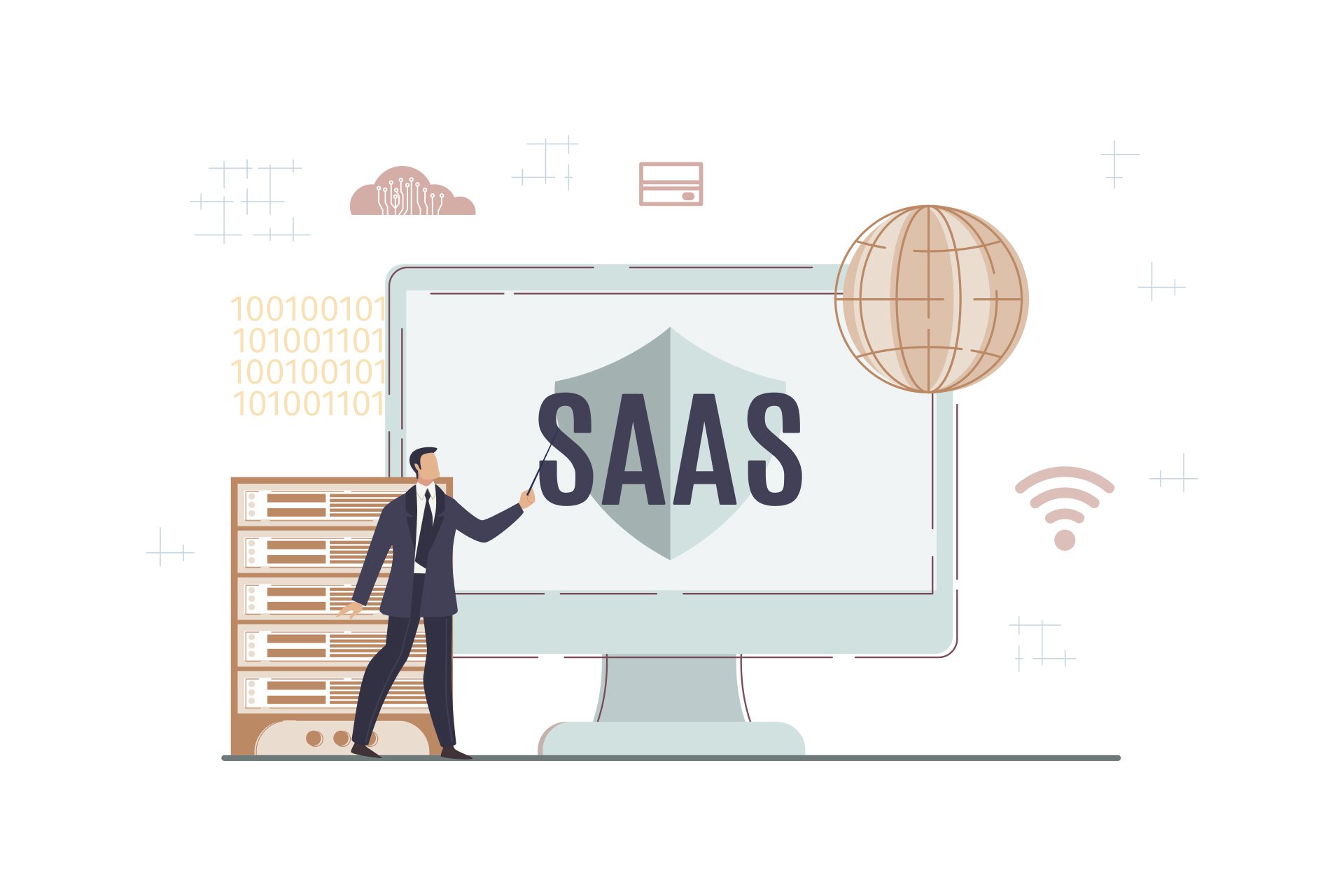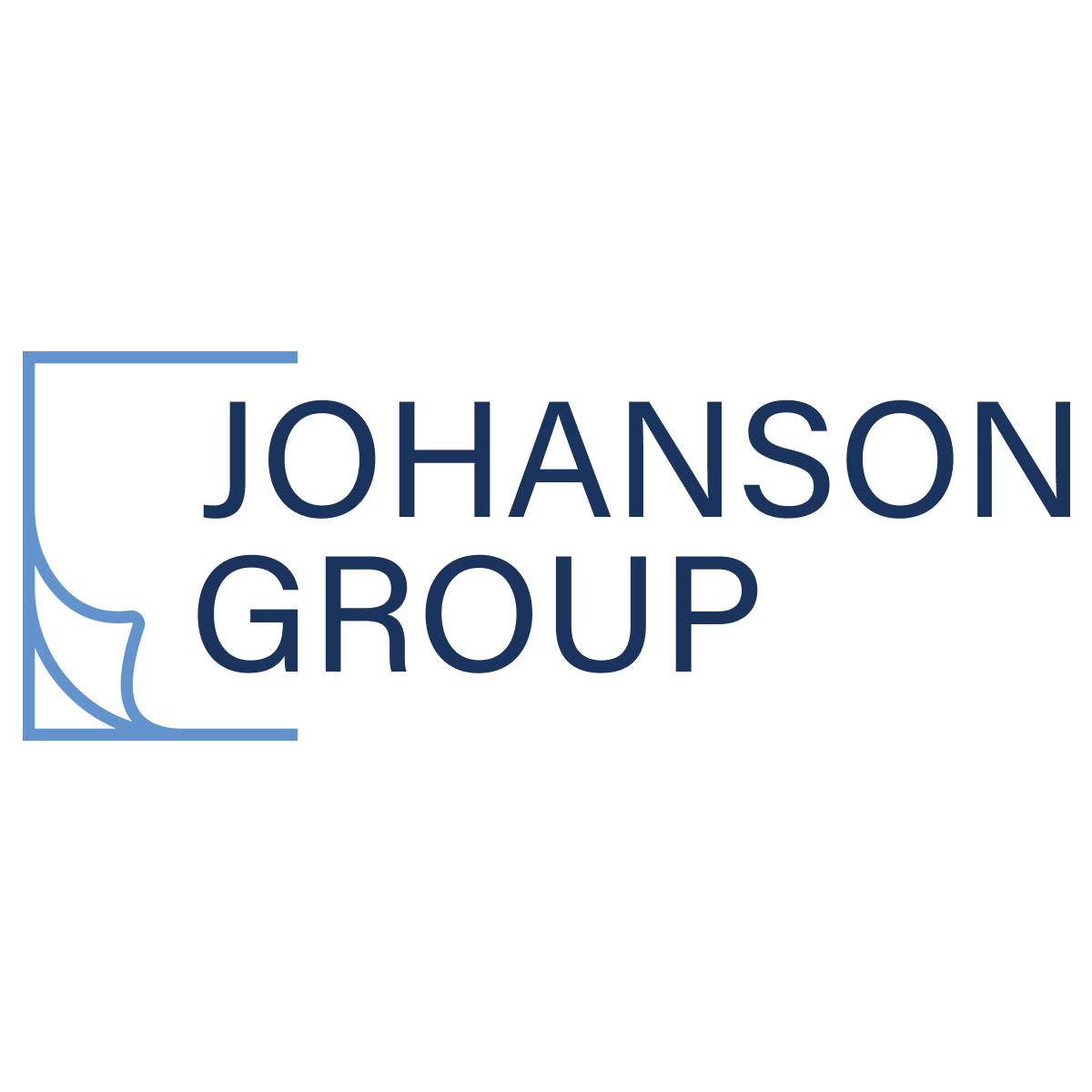Why SOC 2 Auditing Is Essential for SaaS Businesses
SaaS companies are becoming more and more popular, but not all of them are able to stay compliant. The truth is that if you run a SaaS business, there's no way around it: you have to be SOC 2 certified.
What are the requirements for SaaS?
SaaS is a model of software distribution that provides access to applications over the internet. SaaS is an acronym for Software as a Service, but it's also used to refer to the business model itself.
The acronym has been around since at least 1999 when it was defined as "the delivery of software applications via the Internet." However, the idea behind it dates back much further: The first commercial use of SaaS was in 1979 with CompuServe's CBIS system (Computer Based Information Services), which allowed users access to databases and email through their computers' modems. In recent years, we've seen this model grow enormously thanks largely due to its low cost compared with traditional on-premises solutions like Oracle or SAP--and because customers don't need expensive hardware or software licenses from vendors like Microsoft or Adobe anymore!
Is SOC 2 mandatory for SaaS?
SOC 2 is not mandatory for SaaS. However, SOC 2 is a standard for service providers and has been adopted by many companies as a good practice. There are several benefits of SOC 2 compliance:
It increases trust in your brand among customers and partners
It gives you more credibility in the market (especially when dealing with other businesses)
It allows you to demonstrate compliance with data protection laws
Why SOC 2 Auditing Is Essential for SaaS Businesses
A SOC 2 audit is a requirement for all SaaS companies. The reason why? Because it's the only way to prove that you are using security controls that meet the standards set by the industry and your customers.
In order to be SOC 2 compliant, a third-party auditor must verify that you have implemented specific security controls in accordance with an accepted framework such as NIST or ISO/IEC 27002.
By completing an annual SOC 2 audit and issuing an attestation report, you can demonstrate that your organization has met these standards of protection for its customers' data (and their own).
How to stay compliant as a SaaS business
A SOC 2 audit is an ongoing process. It's not a one-time thing, and it's not just about security. SOC 2 compliance means you're staying compliant with all five of these criteria:
Security: You have appropriate physical, technical, and administrative controls in place to ensure the confidentiality, integrity, and availability of your data;
Privacy: You protect the privacy rights of individuals whose personal information is involved in processing;
Integrity: You follow policies for preventing unauthorized modification or destruction of information; * Availability: Your system must be available 99% of the time with no more than 5 minutes of downtime per month; * Compliance Reporting (if applicable): Your organization must provide evidence that it has met required standards through regular self assessments conducted by qualified personnel
READ MORE: What is the difference between SOC 2 Type 1 and SOC 2 Type 2
Why SaaS Companies Choose SOC 2 Compliance
SaaS companies can choose to be audited for SOC 2 compliance, which is why it's important to understand what this means. The SSAE 16 report is a document that verifies the security of your company and its data. It's one of the main reasons why many businesses choose to undergo an audit: because it lets them show clients that they're doing everything they can to protect their information from hackers and other threats. This can help you attract new clients who want their data handled safely--and even keep current ones from jumping ship!
SOC 2 for SaaS
If you're a SaaS company, SOC 2 compliance is essential. You must be able to prove the security of your systems and data to customers who demand it--and if they don't get what they want, they might take their business elsewhere.
Additionally, being SOC 2 compliant gives your business a boost in terms of its reputation and reliability in the eyes of potential clients. If you want to keep growing as an organization and earning new clients every year (or month), then becoming SOC 2 audited should be at the top of your agenda for 2019!
If you run a SaaS company, you must consider SOC 2 compliance
If you run a SaaS business, then SOC 2 compliance is essential. There are two main reasons for this:
SOC 2 compliance is not mandatory, but it's recommended by many in the industry. If you want to build trust with customers and partners, then SOC 2 compliance can help. It provides them with proof that your company takes security seriously.
In addition to this, many banks require that their vendors have undergone an independent audit before they do business with them--and if your software handles sensitive customer data like credit card information or social security numbers (SSNs), then banks may require an audit as part of their due diligence process before signing contracts with these vendors.
SaaS is a growing industry, and it's important for companies in this space to be SOC 2 compliant. If you run a SaaS business, then you should consider getting your company audited by an independent third party that can verify that your data security practices are up-to-date and working properly. An audit will also help ensure that your company remains compliant with regulations such as GDPR or HIPAA.




